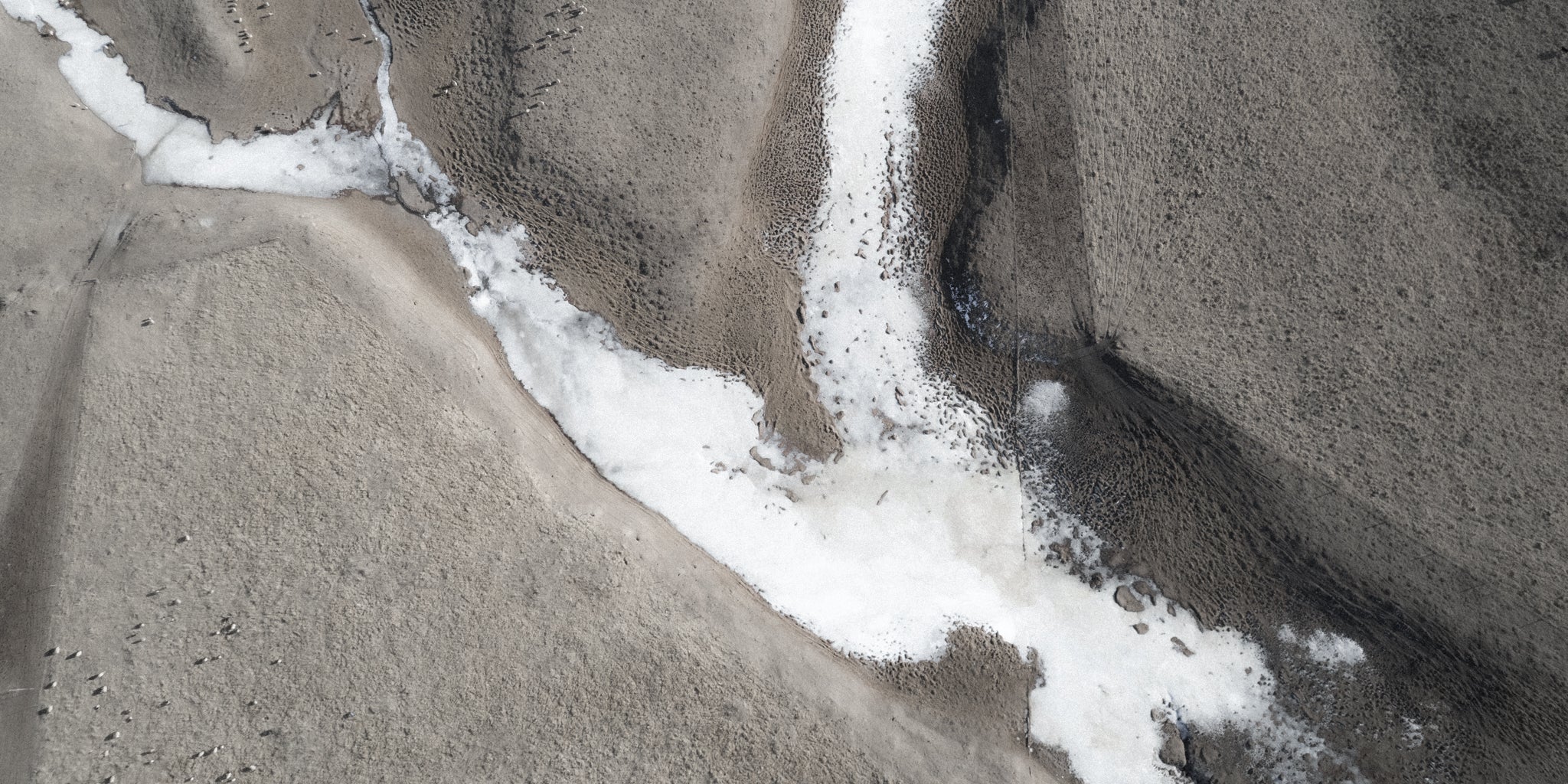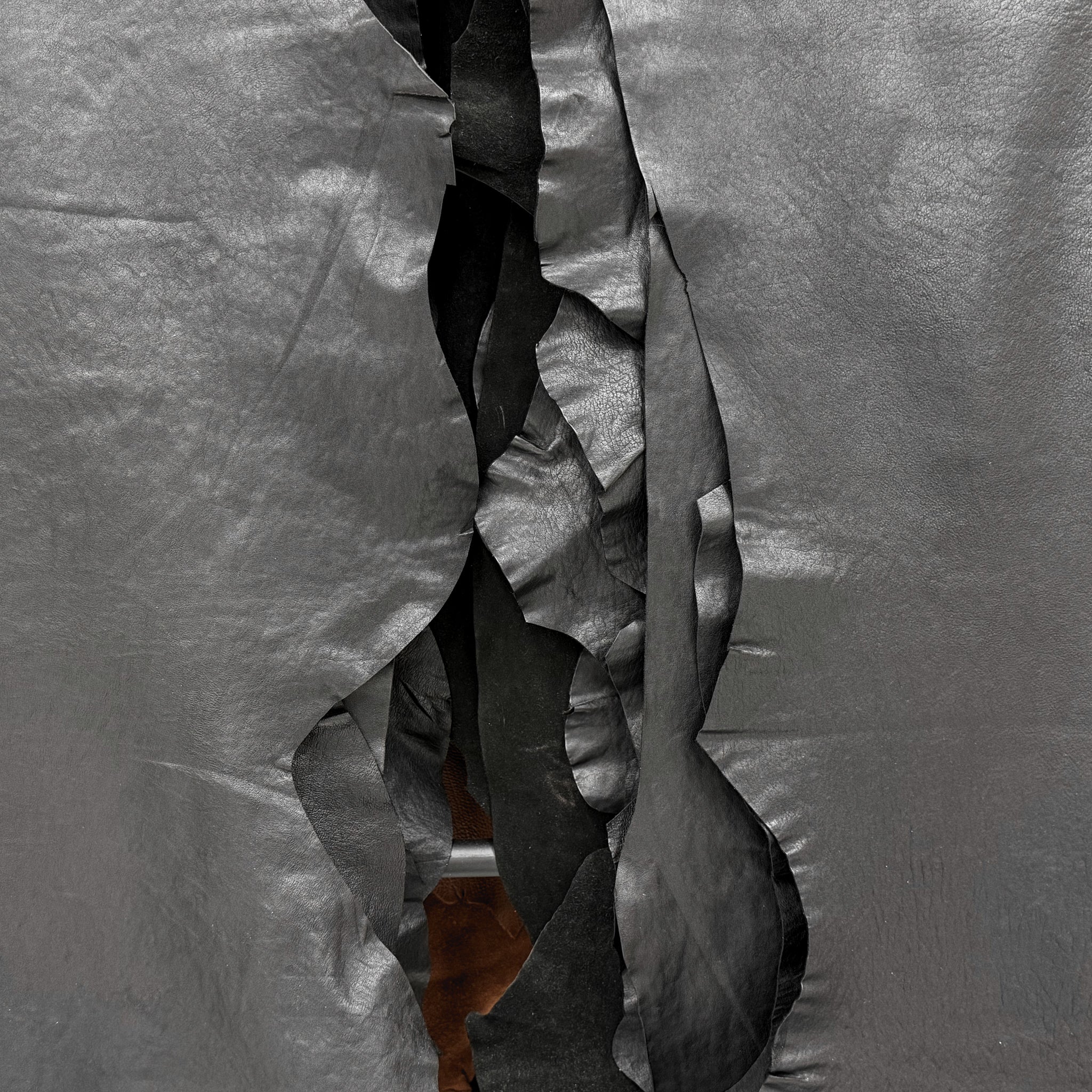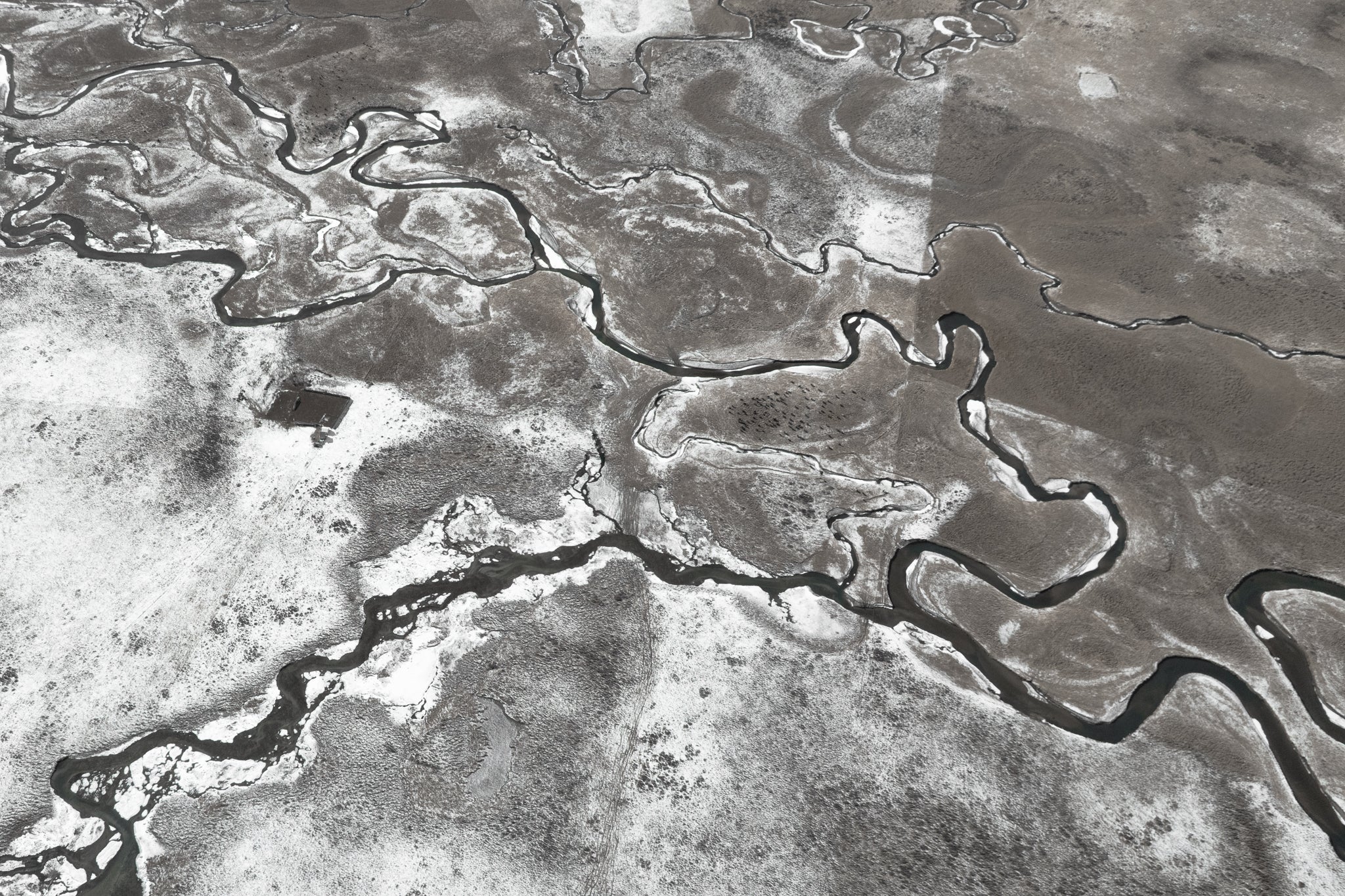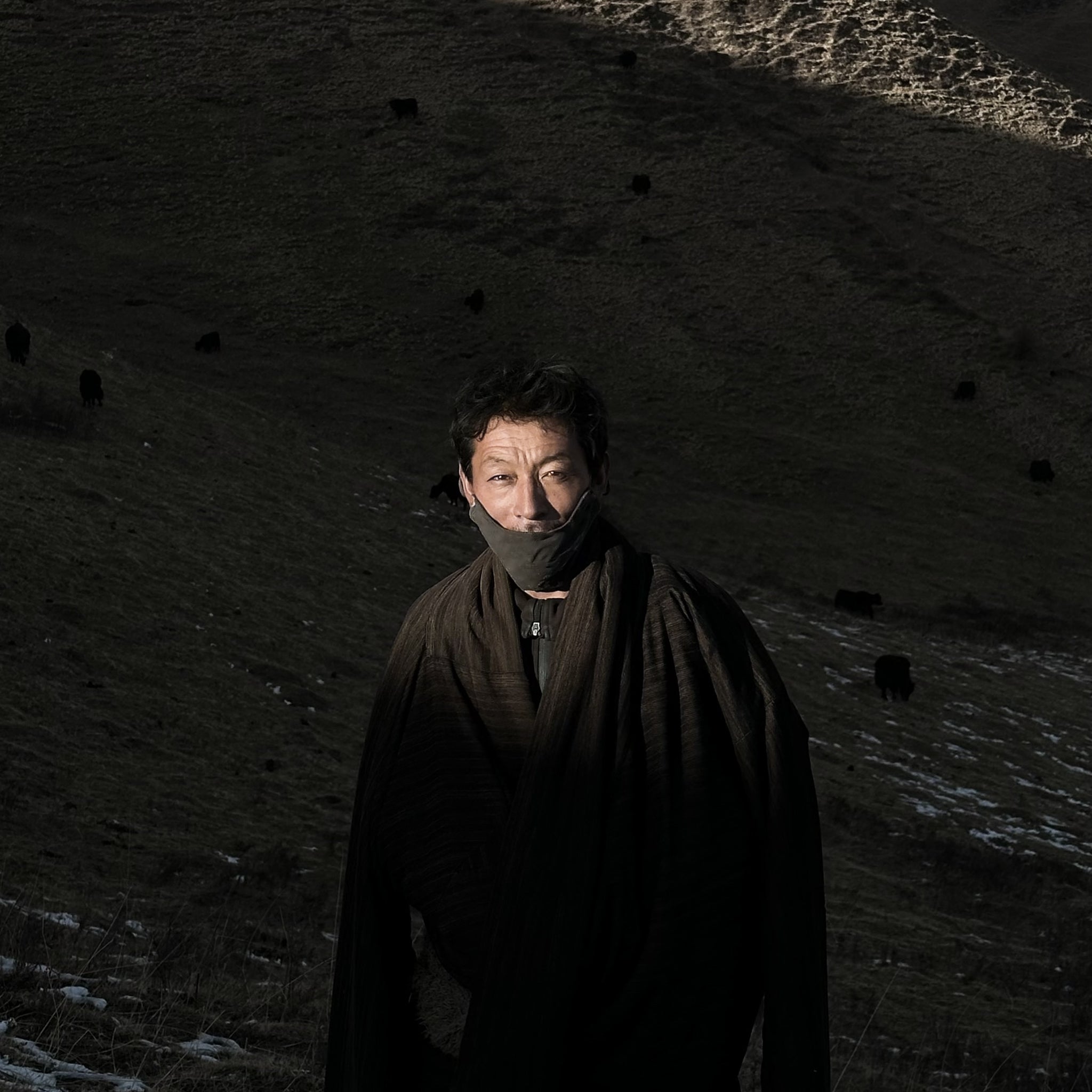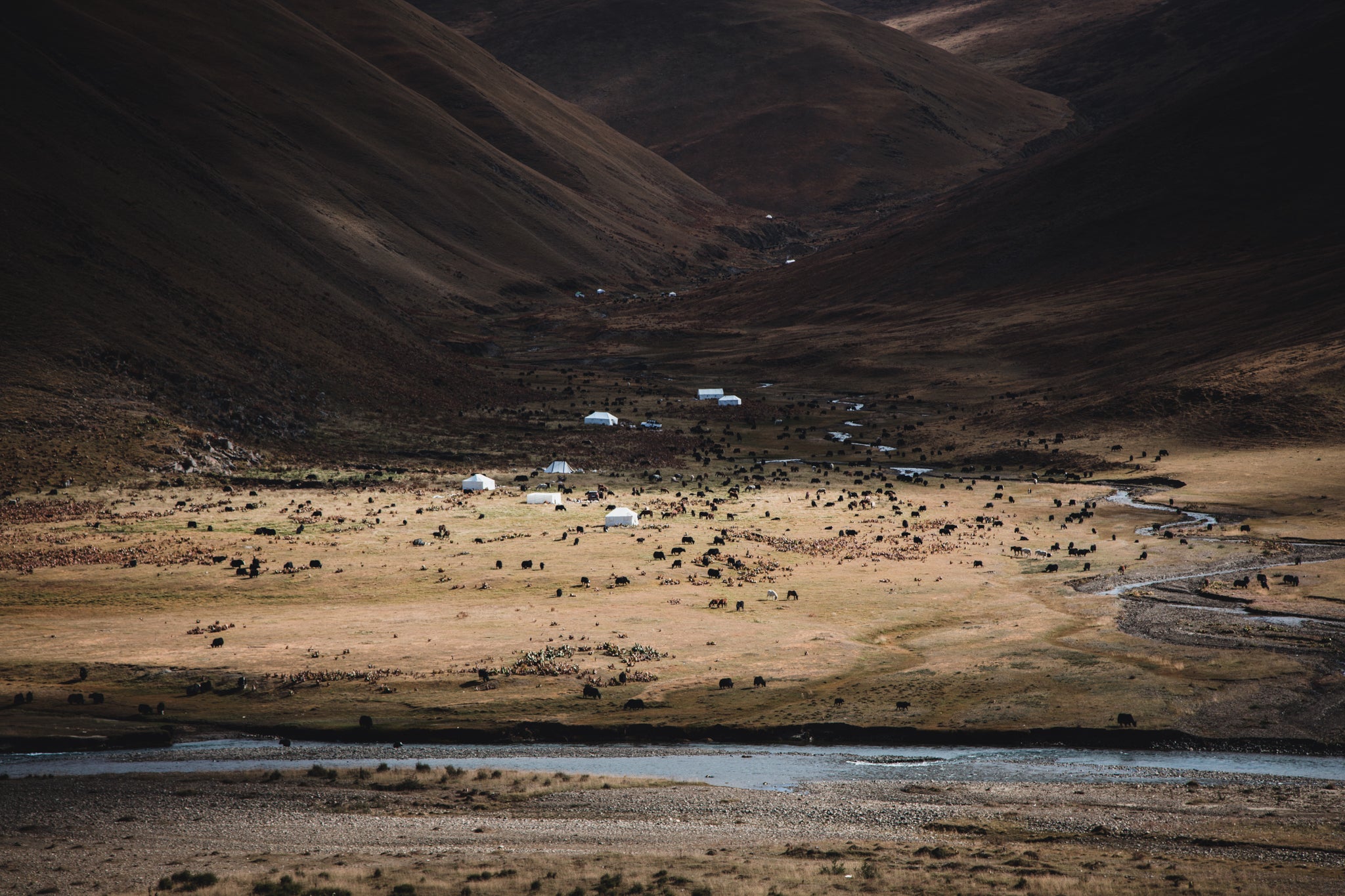LEATHER
The leather LODRO uses are a by-product of the food industry. We work with tanneries certified by the Leather Working Group (LWG). This means they have been given the highest environmental ratings in all aspects of their leather tanning processes, from traceability to chemical use, from worker safety to waste. Tanning is the crucial step that converts hide into leather. We use vegetable tanning which utilizes natural tannins extracted from plants and trees. This type of tanning allows the leather to age gracefully over time and develops a patina.
